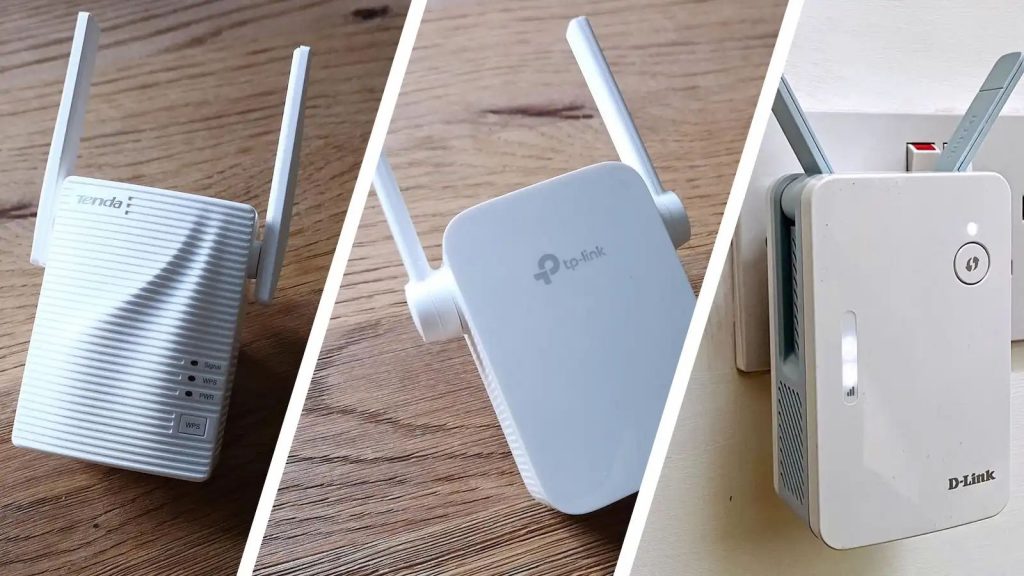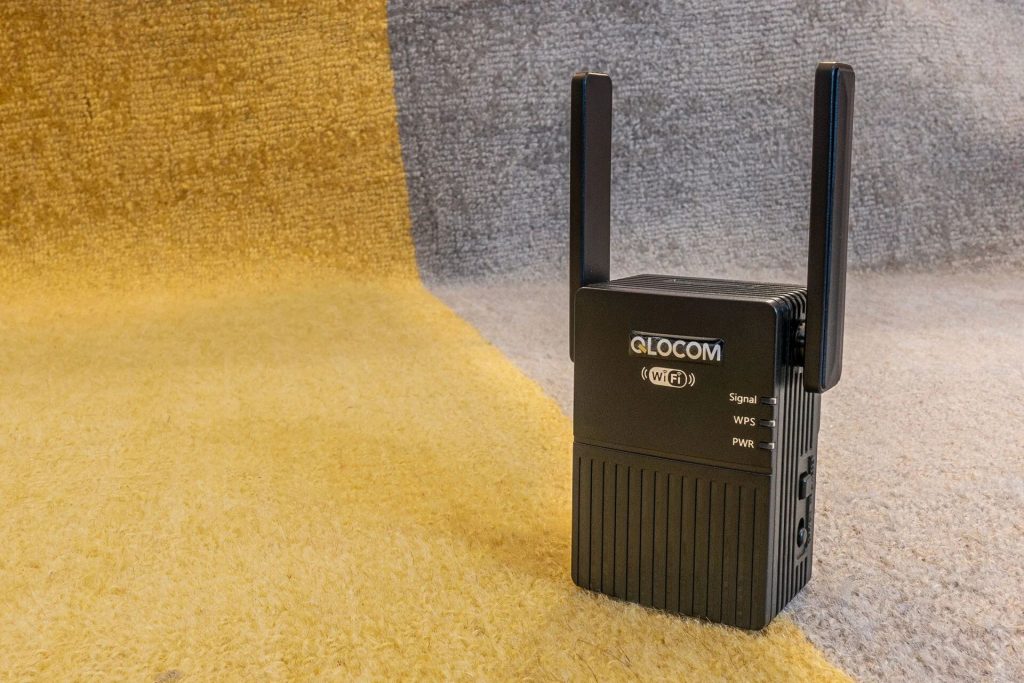Since you are lurking around here, the chances are that there are certain areas in your home or office where there is hardly any WiFi connection. So, in this case, we are introducing to you the extenders. This is a unique solution to amplify the WiFi broadcasting and transmit it to more spaces.
However, having multiple extenders can be great for improving the network signal, but they can also slow down the connection. How many extenders can you have on one router? In this article, we will provide you with additional information on that and what is the right solution for the best connectivity. So, let’s get started!

How Many Extenders Can You Have on One Router
The right answer is that you can have as many extenders as you want on one router, depending on the demands and preferences. However, this won’t be a good option regarding the WiFi performance. So, in the case of home areas, it’s preferable to use two extenders so every corner can be covered.
Before we discuss this in detail, we want to give you a quick idea of what extenders are. As you might guess, WiFi extenders are exactly what they sound like. They can help you enhance the WiFi signal that your router transmits.
More precisely, the extender can pick up the strength from the router and then broadcast its signal to areas with a bad network connection.
However, it would help if you kept in mind that the WiFi extender cannot strengthen the router signal since its only ability is to broadcast its signal where the original one couldn’t reach.
Additionally to homes, the WiFi extenders can be especially useful for bars, restaurants, offices, and other areas with a lot of equipment.
Read more: How to Set up a WiFi Extender With Xfinity
How Many WiFi Extenders to Use
Theoretically, there is no limit on how many extenders you can have on one router; however, for homes with bigger spaces and larger rooms. If you use only one router and have only one internet connection, then using two extenders is recommended to get coverage in every corner of a large space.
This will allow you to enjoy video streaming devising, work on online projects, and play online games in every corner of your home or any other area. There are various reasons you might be facing poor connection; it might be due to various objects or structures.
However, in this case, setting up your router in the right place can eliminate all the obstacles since the extenders can capture the access point and transmit it to the wireless device. Using more than two extenders isn’t recommended since you might encounter some issues.
Common problems with too many extenders
One extender can be a good option if you want to watch YouTube videos on your balcony without wasting your mobile data. However, having too many extenders can cause a problem and not aid in strengthening the connectivity. Some of the more common issues in this case are:
- Face signal interference and noise which might overwhelm your entire connection
- If the extenders have the same SSID, they have a chance to connect, so in this case, you’ll need to have an Ethernet extender or use a different SSID
- For the extenders to work appropriately, you’ll need to place them within the source’s range in the adequate range

Adding extenders to boost your WiFi connectivity
Depending on your original internet connection, especially if you are using one router, it’s preferable not to use more than two wifi extenders. Here are some things worth considering.
Extended the WiFi signal on all floors
If you want full wifi coverage on multiple floor buildings, and the signal is only strong on the first floor, then adding extenders is an excellent option to extend the signal on all floors.
WiFi extenders are also especially useful to resolve problems when you are too far from the router and want to get a better signal at a certain radius.
Physical obstructions between devices
If there are physical obstructions between the devices and the WiFi router, adding the extenders can help resolve this issue.
This is also applicable if there are physical obstructions between the router and client devices. However, you would want to place the WiFi router in a position so it can provide a strong signal.
Cost efficient option
Since WiFi boosters and routers might be expensive, WiFi extensions can be the best cost-effective solution for optimal strength in all areas around the space you are looking to cover.
How to Choose the Proper Extender for Your Router
When shopping for a new WiFi extender, you want to make the most of the connection you already have. Looking for an extender that matches your WiFi’s values is especially important.
One of the most common problems users face while purchasing extenders is bringing them home and realizing it doesn’t work with their setup. This is why we recommend checking the expected range of coverage and ensuring that it will meet your needs.
Dual-band extenders can be a better adoption as they have a much smaller impact on the speed since they use both bands simultaneously and are reconfigured to connect with the primary WiFi network.
Bonus tip
When placing the WiFi extender, it’s always recommended to plug it somewhere close to the dead zone so that you can get a decent connection wherever you are around the place. Also, you can do speed tests around the space in different areas to find the spots and find the perfect location.
Even though it’s not always guaranteed, placing them around 100 to 400 feet from the router in areas you want network coverage is recommended.
Also read: Where to Place Wi-Fi Extender?
Conclusion
Now when we made it clear how many extenders can you have on one router, you might wonder whether these types of additions are secure. The answer is yes; the WiFi extenders are completely secure as they use the traditional WEP, WPA, and WPA2.
Overall, get your extender today and enjoy an excellent WiFi connection!